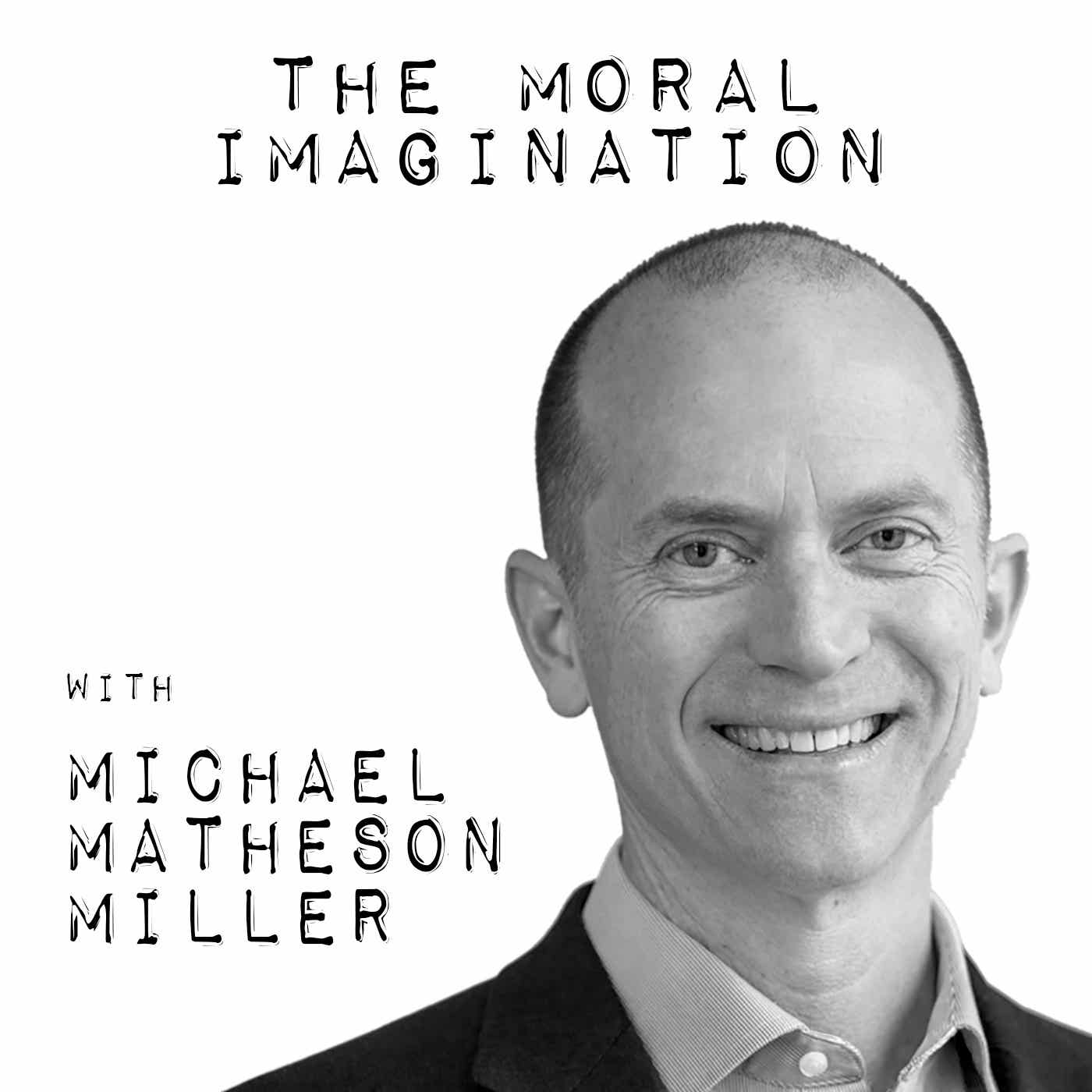In this podcast, Michael Matheson Miller and I discuss how both violence and entertainment and distraction are tools of state control. We discuss Fahrenheit 451 by Ray Bradbury, some of the writings of Alexander Solzhenitsyn, and Julia Alvarez’s novel In the Time of Butterflies about life under the Trujillo dictatorship in the Dominican Republic. We also discuss Victor Frankl, Josef Pieper, Michael O’Brien, Tocqueville’s idea of “soft despotism,” and Neil Postman’s argument in In Amusing Ourselves to Death about Huxley’s Brave New World and George Orwell’s 1984. I note that these novelists take evil seriously, but are also careful not simply villainize the opposition so as to increase our understanding and self-awareness, and help prevent us from falling into the trap of another ideology.

Episode 60: Augustine Wetta, O.S.B. St. Benedict's 12-Step Guide to Genuine Self-Esteem – The Moral Imagination
- Episode 60: Augustine Wetta, O.S.B. St. Benedict's 12-Step Guide to Genuine Self-Esteem
- Episode 59: Catherine Pakaluk, Ph.D – A Life Marathon: On having a large family in a consumerist culture amidst declining marriage and birth rates
- Ep. 58 William Easterly Ph.D. : Poverty, Technocracy, and the Tyranny of Experts
- Ep.57 The Decline of Christianity, the Rise of the “Nones” and Philosophies of the Person that Shape Unbelief
- Ep.56 Ambassador Eduard Habsburg: Building a Family Legacy — The Habsburg Way: 7 Tools for Turbulent Times
